If your doctor has ordered a Dobutamine Stress Echocardiography (or “stress echo” for short), feeling a bit nervous about what to expect is normal. Using ultrasound images, this test allows doctors to see how well your heart works during activity. If you want the best Dobutamine Stress Echocardiography Test In Pimlico, Australia, visit North Queensland Cardiac Clinic today.
At NQCC, we have expert cardiologists, Dr Dharmesh Anand and Dr Raibhan Yadav and other professionals who can conduct an accurate and safe Dobutamine Stress Echocardiography Test Pimlico. This test will help you to learn many important things about your heart. Contact us for the best cardiac diagnostic tests today.
Now, let’s review the procedures for preparing for this crucial test:-
- Understanding the Test
- Fasting Before the Test
- Medication Guidelines
- Comfortable Clothing and Footwear
- Informing Your Doctor of Any Concerns
- Arriving on Time
- Relax and Communicate
- Post-Test Care
Understanding the Test:
Despite its lengthy name, the Dobutamine Stress Echocardiography test is a rather simple technique. It’s a unique kind of cardiac test that uses the drug dobutamine. This medication works as a substitute for exercise, giving your heart a little workout so your doctor can check on it even if you cannot go to the gym.
Fasting Before the Test:
Your doctor will instruct you to refrain from eating or drinking anything for four to six hours before the test. Although there may seem to be a slight delay, there is a valid explanation. It keeps you comfortable throughout the process and ensures the test findings are accurate. Sipping water is often perfectly safe, but checking with your doctor is always a good idea.
Medication Guidelines:
Your physician will be curious to learn about them. Before the Dobutamine Stress Echocardiography Test In Pimlico, some might need to be put on hold for a while. It includes drugs for the heart, such as beta-blockers. But don’t panic; your doctor will provide you with detailed instructions.
Comfortable Clothing and Footwear:
Choose comfortable clothes. Your best chance is to wear loose-fitting clothing and comfortable, flat shoes. Since you’ll be moving around a little, it helps the procedure along if you feel comfortable with what you’re wearing.
Informing Your Doctor of Any Concerns:
Do you have any health issues or concerns? Before the test, it’s crucial to discuss them with your doctor. In this manner, they can alleviate concerns and guarantee that nothing goes wrong.
Arriving on Time:
When the big day arrives, make sure to get to the healthcare facility on time. It gives you a little breathing room for any paperwork or last-minute questions. Plus, it helps keep everything on schedule, so the Dobutamine Stress Echocardiography can start right when needed.
Relax and Communicate:
Take a deep breath and attempt to unwind while taking the exam. The medical staff is there for you at every step of the journey. They’ll be closely monitoring how your heart reacts. Don’t be afraid to speak out if something seems strange or uneasy. Our primary concerns are your safety and accurate findings; open communication is essential.
Post-Test Care:
After the test, your healthcare provider will stick around, looking for any signs of trouble. They’ll also go over the initial findings with you. They’ll fill you in if there are any follow-up steps or advice. Your health is in good hands!
Closing Words
It need not be daunting to prepare for a Dobutamine Stress Echocardiography test. You can ensure the test runs well and delivers accurate information about your heart health by actively following these easy procedures. If you are looking for a safe and accurate Dobutamine Stress Echocardiography Test In Pimlico, Australia, reach out to North Queensland Cardiac Clinic today.

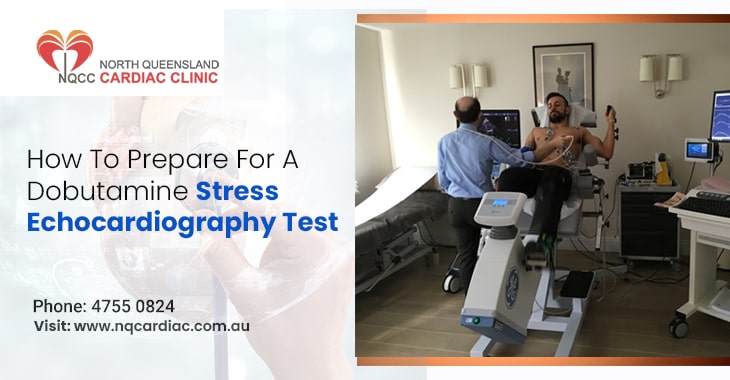
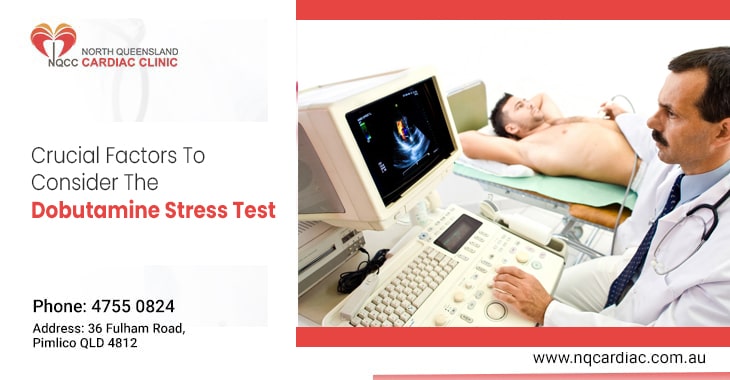
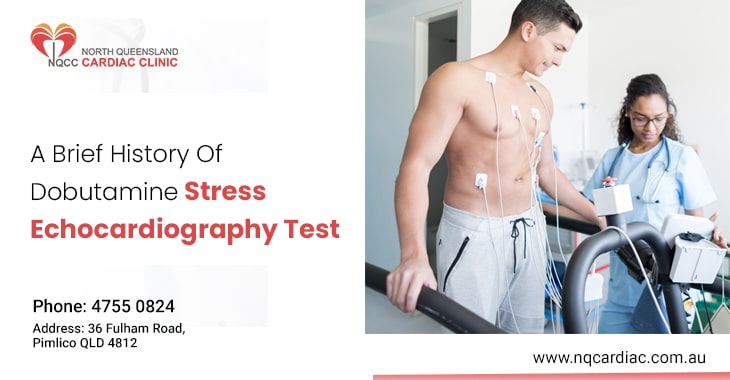
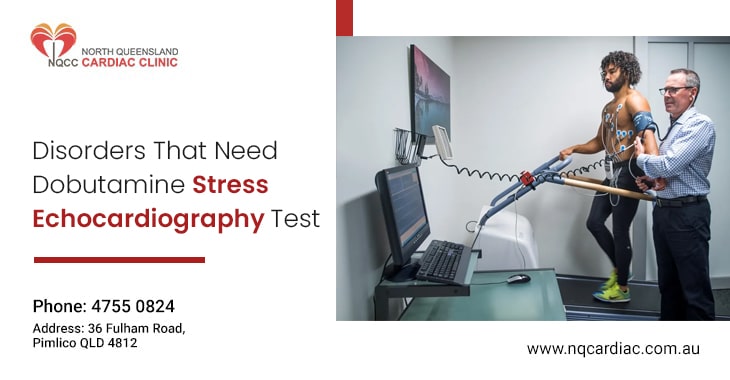
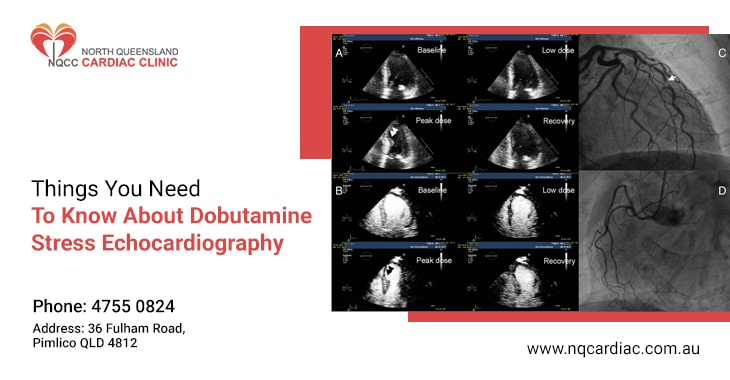
Recent Comments